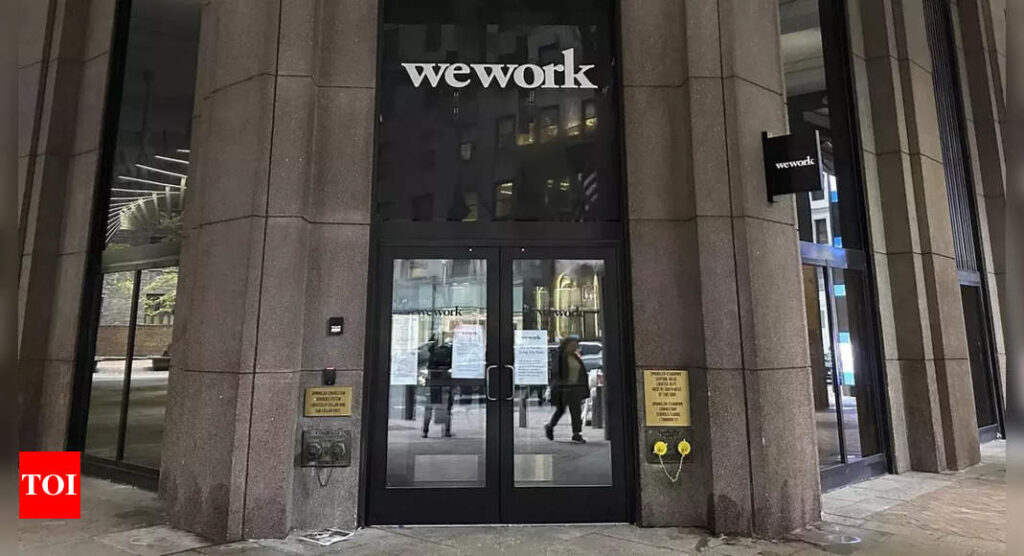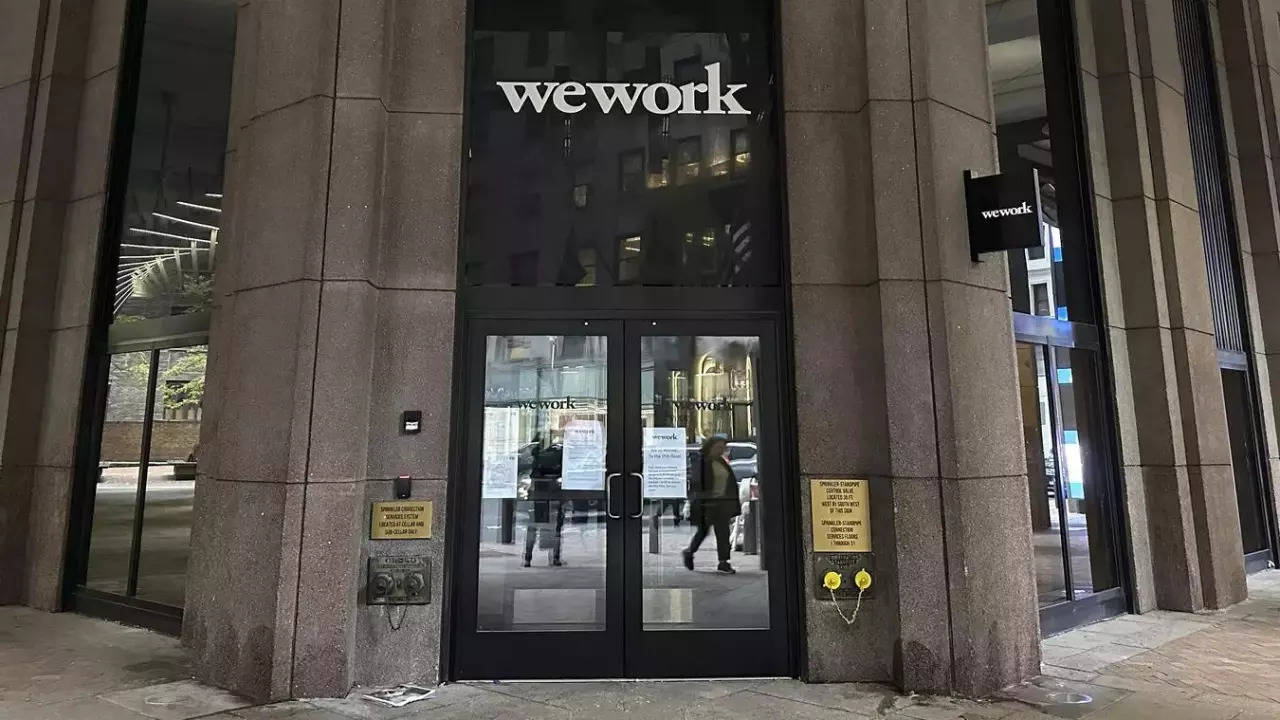[ad_1]
WeWork’s aggressive expansion in its early years has primarily contributed to its current troubles, according to an AP report. The company went public in 2021 after an attempt to go public two years before that had failed and led to the removal of its founder and CEO, Adam Neumann. Neumann’s extravagant spending and erratic behavior had spooked early investors.
What did Adam Neumann gain from WeWork?
Adam Neumann, the former CEO of WeWork, founded the company in 2010 and played a significant role in its remarkable rise, making it a real estate giant valued at $47 billion in January 2019. However, as WeWork faced bankruptcy, its value plummeted to just $45 million.
Unlike many founders who saw their net worth diminish alongside their company’s downfall, the 44-year-old Neumann is likely a wealthy individual, according to a CNBC report. A substantial portion of his wealth was acquired after he left WeWork, as the company prepared for a public offering through a special purpose acquisition company (SPAC), the report said.
During the SPAC process, SoftBank reportedly paid Neumann a substantial sum, approximately $480 million, for half of his remaining WeWork stake in 2021. In addition, Neumann received $185 million through a non-compete agreement and an extra $106 million as part of a settlement. In total, even though he had stepped away from a management role years earlier, Neumann obtained approximately $770 million in cash from the 2021 SPAC process alone, according to the CNBC report.
WeWork’s downward spiral
Despite efforts to revive the company since Neumann’s departure, including cost-cutting measures and increased revenue, WeWork continues to struggle in a commercial real estate market plagued by high borrowing costs and a shift towards remote work.
Industry experts have pointed out that WeWork’s current situation should be distinguished from the future of co-working models as a whole. While there is expected to be a healthy demand for co-working spaces, different models for delivering them and rising competition within the flexible-office industry pose challenges.
WeWork has announced that it has reached a restructuring agreement with most of its stakeholders to reduce its debt and trim its commercial office lease portfolio. The agreement is expected to eliminate approximately $3 billion of WeWork’s debt, CEO David Tolley was quoted as saying by AP.
The number of WeWork locations that will remain open is currently unclear. In its most recent filing, the company reported having 777 locations in 39 countries.
Bankruptcy concerns have loomed over WeWork for some time, the AP report said. In September, the company revealed plans to renegotiate almost all of its leases. But, cracks began to appear in the company’s operations not long after its previous valuation of $47 billion.
SoftBank, a Japanese conglomerate, stepped in to rescue WeWork and now holds majority control over the company. Shareholders of WeWork have suffered significant losses, with SoftBank owning nearly 80% of the equity. SoftBank is likely still in negotiations after losing billions of dollars, the report said.
Tolley highlighted that WeWork’s primary challenge remains its lease liabilities, which constitute approximately two-thirds of the company’s operating costs. He emphasized the necessity for the company to achieve a more efficient workspace arrangement.
Apart from the challenges posed by lease liabilities, WeWork has also experienced increased member turnover and financial losses. However, the company still boasts half a million members.
While the full impact of the bankruptcy filing remains uncertain, WeWork remains optimistic about its future. The company aims to be profitable within a year.
In its bankruptcy filing, WeWork reported debts of approximately $18.7 billion and assets of $15.1 billion as of June 30. The company’s locations outside of the U.S. and Canada, as well as its franchisees worldwide, will not be affected by the bankruptcy proceedings.
The new management team at WeWork faces the daunting task of proving their ability to operate the company successfully, the AP report said. Despite the challenges ahead, WeWork remains open for business, serving half a million people worldwide.
[ad_2]
Source link











More Stories
We can’t wait to face India in the final: Pat Cummins | Cricket News
Railways plans 3,000 additional trains in next 4-5 years to minimise number of waitlisted tickets | India News
Faridabad: Man dies after ‘falling from hotel room window’ while partying with friends